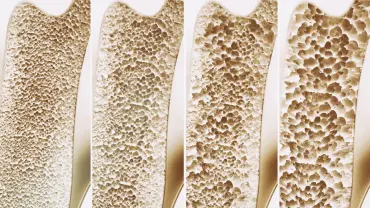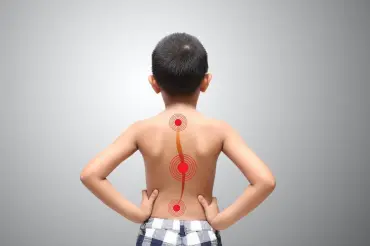1. Prioritize Core Strength
Your spine relies on strong core muscles (abdominals, obliques, and lower back muscles) for stability. Regular exercises like planks, bridges, or Pilates can strengthen your core and reduce strain on the spinal structures.
2. Maintain Proper Posture
Poor posture—especially when sitting at a desk or looking down at devices—can place excessive stress on the spine. Keep your shoulders back, chin level, and feet flat on the floor. Use ergonomic chairs and consider a standing desk to reduce prolonged sitting.
3. Lift the Right Way
Improper lifting is a major cause of back injuries. Always bend at the hips and knees—not the waist—when picking up heavy objects. Keep the object close to your body, avoid twisting, and ask for help with loads that are too heavy.
4. Stay at a Healthy Weight
Excess body weight, especially around the abdomen, increases stress on the spine and accelerates wear on the intervertebral discs. Maintaining a healthy weight through balanced nutrition and regular exercise can ease pressure and support spinal longevity.
5. Don’t Ignore Early Warning Signs
Back pain that persists beyond a few weeks, radiates down the legs, or is associated with numbness or weakness should not be ignored. Early evaluation by a spine specialist allows for timely intervention, often preventing small issues from becoming major surgical problems.
If, despite your best efforts, you develop back pain, we're here to help. We offer treatments for a host of spine-related problems, including:
If you’d like to learn more about ways to better support your back, or you need treatment for back pain, contact the friendly staff at one of our offices in Peoria or Phoenix, Arizona.





.webp)
